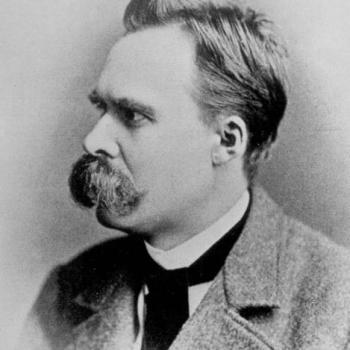On Trinity Sunday yesterday, I worshipped at the church of my son-in-law, the Rev. Ned Moerbe, who made a useful distinction between “asserting” and “explaining.” The Athanasian Creed, he observed, asserts the doctrine of the Trinity. It does not explain it. Confessions of faith, doctrinal formulations, and Scripture itself have that same revelatory quality. They assert truths.
We are asked to believe them, not to understand them.
We can spend our lives explaining and trying to understand those truths. But their validity does not depend on our understanding them.
We sometimes confuse those two categories. We think that we must fully understand something before we can believe it. Conversely, we refuse to believe something if we don’t understand it. In effect, we reduce what we will accept to the parameters of our own limited perspective. This can mean constructing private deities and private theologies that fit our intellects, while rejecting those that are less comprehensible but that are objectively real.
And real things–from quantum physics to the complexities of the human mind–tend not to be easy to understand.
















